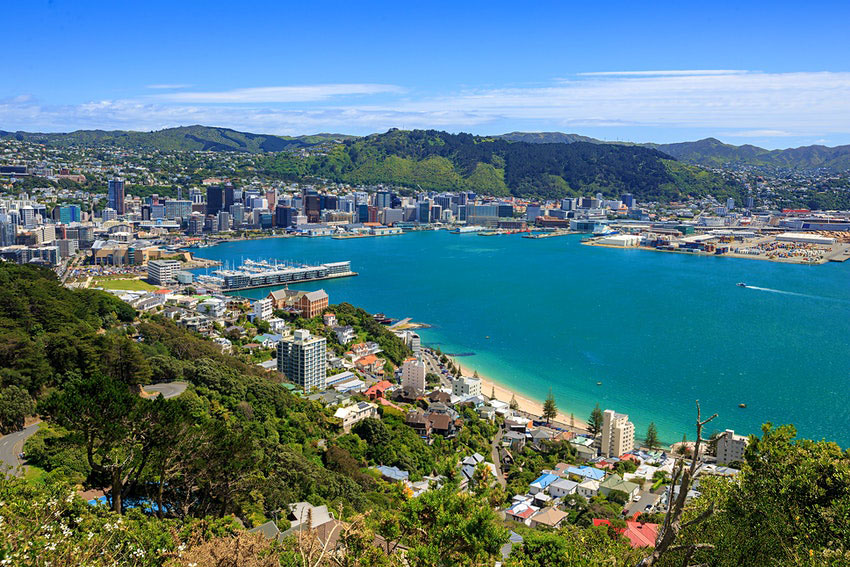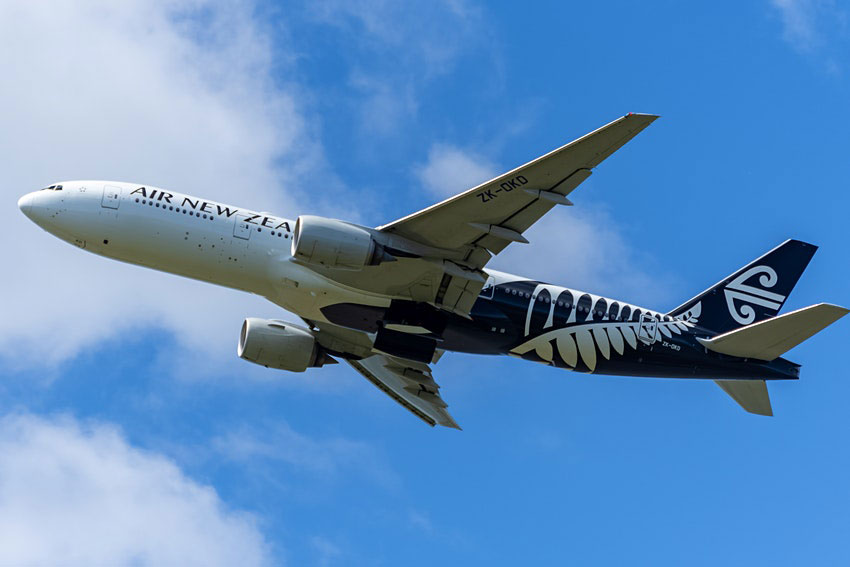
Travelers eligible to visit New Zealand will need to be vaccinated from November
TripFalcon October 07, 2021
Last Update: 2021-10-07 00:10:27New Zealand will require all eligible international arrivals to be fully vaccinated against COVID-19 before entering the country from November 1, as the government tests a new approach to maintaining the pandemic amid a surge in Delta-driven infections. New Zealand's borders are closed to non-essential travel so the policy applies to people who have been cleared to travel to New Zealand for essential purposes or those coming from an approved quarantine-free zone.
"Getting vaccinated is the most effective measure against the transmission of COVID-19, and the risk of serious illness or death," New Zealand's COVID-19 response minister, Chris Hipkins, said in a statement, as he announced New Zealand would tighten its strict entry requirements even further.
"To further reduce the possibility of the virus getting through our border, we are introducing the requirement for air travellers aged 17 and over, who are not New Zealand citizens, to be fully vaccinated to enter New Zealand," he said.

New Zealand is tightening its already strict entry requirements ©DestinationsInNewZealand/Shutterstock
Fully vaccinated arrivals will still be required to quarantine for two weeks in a government-designated hotel upon arrival in New Zealand, unless they are coming from a quarantine-free zone. Officials are accepting a wide range of vaccines for entry, provided the vaccine is approved by a government or approval authority, though more guidance is expected to follow. Officials are also working on creating a traveller health declaration system, which will introduce the ability to digitally verify people's vaccination status at the border.
“Most people coming to New Zealand tell us they are already vaccinated. This requirement makes it formal and will provide an extra layer of protection at the border," Hipkins said.
Passengers—except for those coming from exempt locations—will also be required to present a negative COVID-19 result from a test taken no more than 72 hours of boarding their flight.
The announcement comes as prime minister Jacinda Ardern confirmed on Monday that New Zealand will no longer pursue a 'Zero COVID' approach to the pandemic. The approach saw New Zealand stop local transmission for a long period of time and more or less eliminate the virus from its territory, which kept citizens safe while allowing the economy to reopen quicker than most other countries. It worked so well that New Zealand's death toll was among the lowest in the world, with 27 COVID-related deaths recorded in a population of five million people.
However, the highly-transmissible Delta variant has led to a number of outbreaks that have been harder to control and Ardern acknowledged that the approach would now shift from the containment phase. A ramped-up vaccination drive is key to the new public health strategy, as she confirmed two million New Zealanders are now fully vaccinated to date.

Air New Zealand will require all its passengers to be vaccinated when traveling on internationally on its aircraft ©Rusell Hendry/Getty Images
"For this outbreak, it’s clear that long periods of heavy restrictions has not got us to zero cases,” Ardern said. "But that is OK. Elimination was important because we didn’t have vaccines. Now we do, so we can begin to change the way we do things.
"Vaccines were always going to change the way we manage COVID-19 into the future, but our strategy has worked and will remain—we want to control the virus, avoid cases and hospitalisations, enjoy our freedoms, and reconnect with the world."
A date on when international tourism will return to New Zealand has yet to be announced, though it's likely to be early next year when most of the population is fully vaccinated and the digital traveler declaration system is in place.
Air New Zealand, the national carrier, announced today that from February 2022, all passengers on board its aircraft, regardless of their destination, must be fully vaccinated when traveling internationally.

